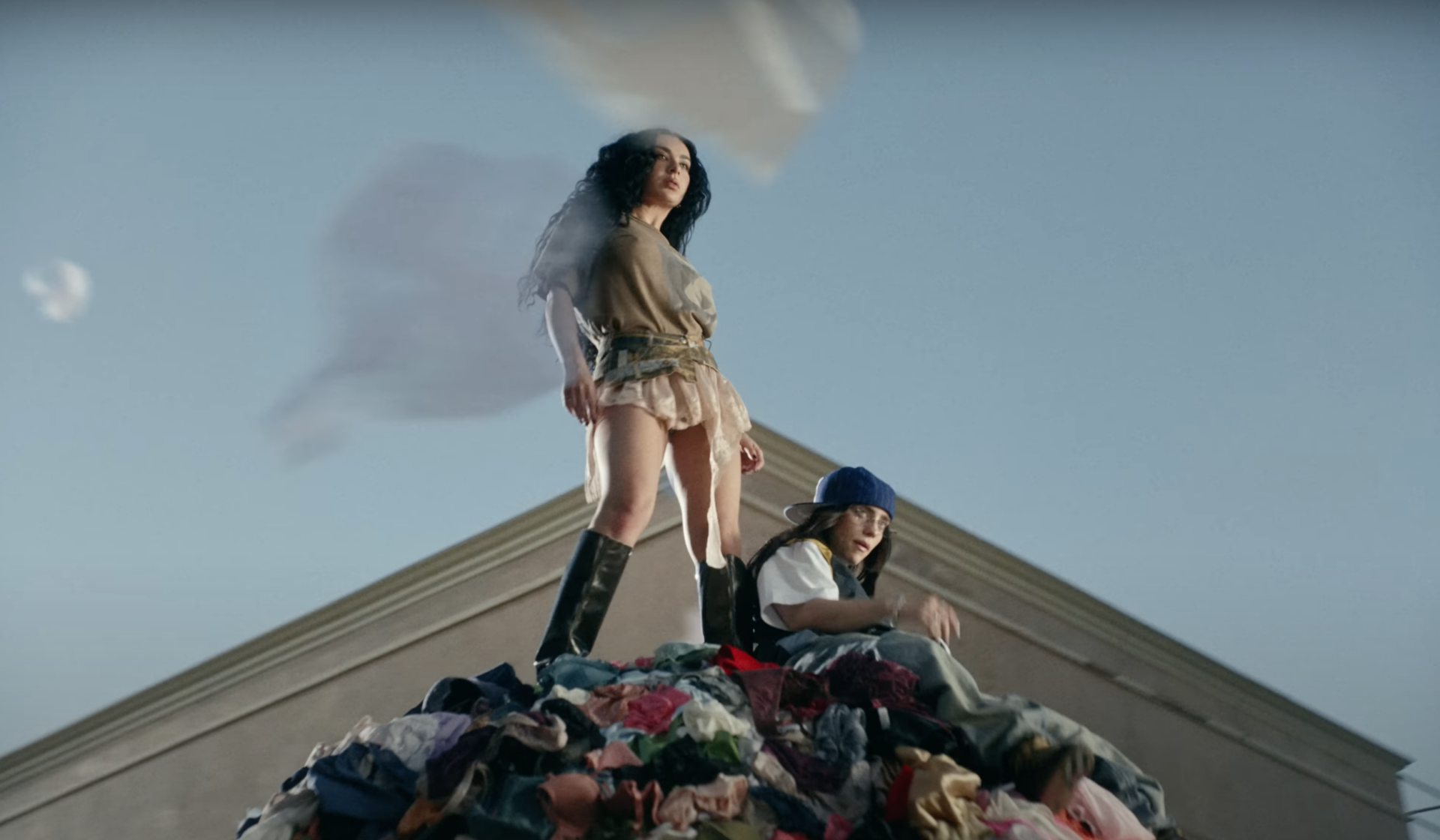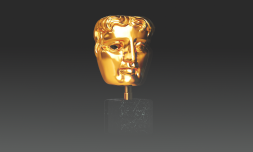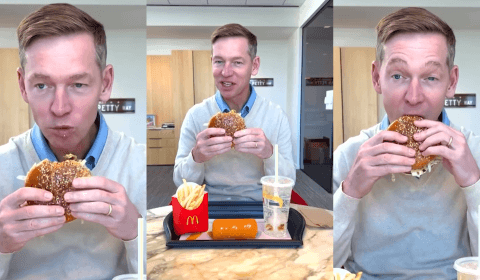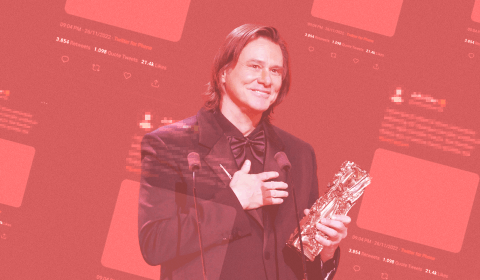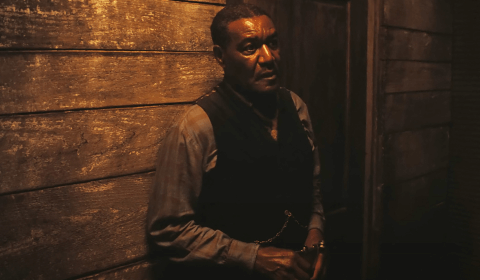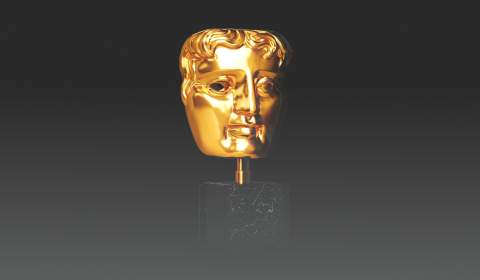Billie’s recent collaboration with Charli is hugely popular worldwide. Its sapphic lyrics have drawn backlash, however, and the popstar is facing accusations of predatory behaviour –highlighting the complexities of celebrity sexuality and public perception.
Billie Eilish, the Grammy-award-winning artist who’s best known for her haunting melodies and introspective lyrics, has once again captured public attention with her latest musical offering.
Earlier this month, she collaborated with Charli XCX on a remix of ‘Guess,’ from the British popstar’s album-of-the-summer, BRAT. The track, with its unabashedly queer-focus, has been hugely popular – played over 80 million times since its release – particularly within the LGBTQ+ community.
Featuring Billie’s distinctive vocals intertwined with flirtatious statements such as ‘already know what you’ve got goin’ on down there,’ many have celebrated the remix, dubbing it a ‘sapphic anthem.’
This highlights how representation of LGBTQ+ themes in mainstream music has improved and been accepted, signifying a shift in societal attitudes towards queer expression in pop culture.
Despite this largely positive reception however, Billie’s verse has been met with some controversy, sparked by TikTok user @windows199x, who alleges that the lyrics are ‘high-key predatory.’
They say that the singer’s history of ‘queerbaiting (the practice of hinting at, but not conforming to LGBTQ+ representation) for commercial gain’ is why this is being overlooked by the public, arguing that this ‘lost cause’ issue and the fact it isn’t the first time Billie’s objectified women is all part of a strategy to convince her audience she is attracted to them.









